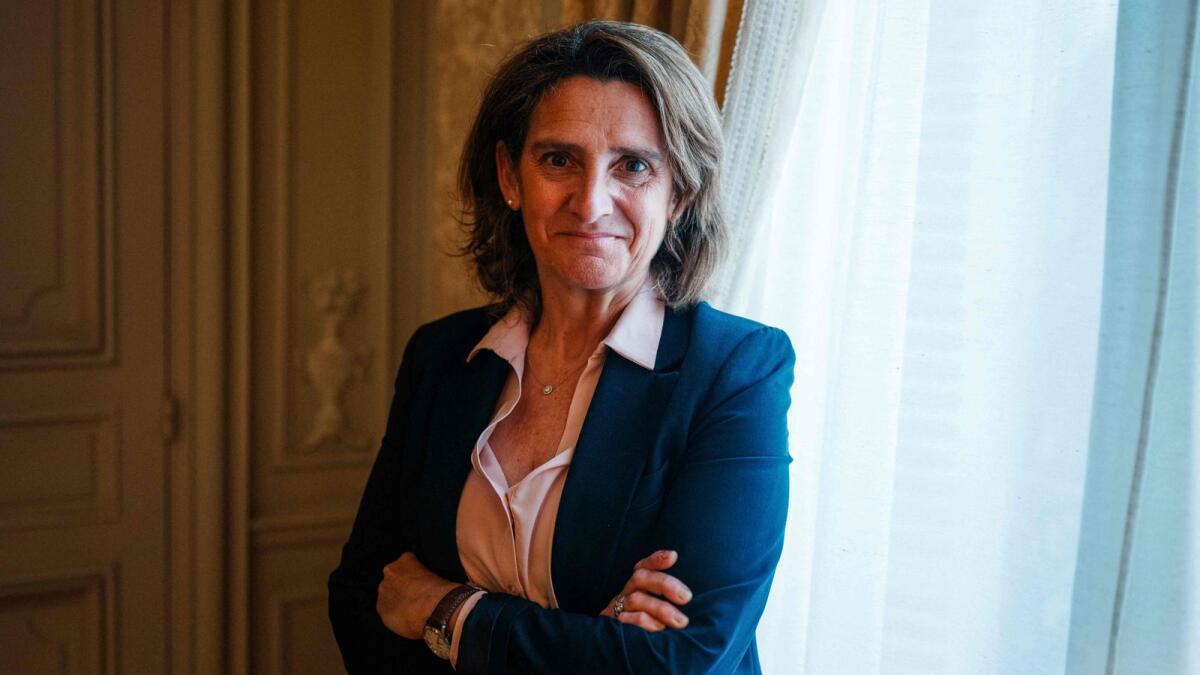Teresa Ribera is set to become Europe’s new antitrust chief, facing challenges from Big Tech, banks, and airlines, while also managing calls for looser rules to help create EU champions. Nominated by European Commission President Ursula von der Leyen, Ribera has been Spain’s minister for ecological transition since 2018 and is known for her ambitious policies on climate change. Before taking up the post, she will need to secure approval from the European Parliament. In her new role, Ribera will have the power to approve or veto multi-billion euro mergers and impose fines on companies engaging in anti-competitive practices.
One of Ribera’s key challenges will be ensuring that tech giants such as Amazon, Apple, Google, Microsoft, and Meta comply with regulations aimed at curbing their market dominance and providing more consumer choice. Digital Markets Act compliance by Apple, Google, and Meta will be a priority, as will addressing concerns about Big Tech’s use of artificial intelligence to further solidify their position. Ribera may also continue Vestager’s crackdown on non-EU state subsidies in order to prevent unfair competition within the EU.
Recent high court rulings supporting the EU Commission’s decisions against companies like Apple and Google may push Ribera to take a tougher stance on antitrust violations. This could lead to a continuation of strict antitrust regulations, despite calls from some, such as Mario Draghi, to ease rules in order to promote EU industrial champions. In addition to her role as antitrust chief, Ribera has also been named as the executive vice president of a clean, just, and competitive energy transition, emphasizing Europe’s commitment to green goals.
Ribera’s experience in negotiating emissions limits for trucks and upgrading EU power market rules will be valuable in her new role as antitrust chief. It is clear that she will need to balance the need for fair competition with the desire to support EU businesses and achieve environmental goals. With her track record in climate policy, Ribera may bring a unique perspective to the role and prioritize sustainability in her decision-making. Ultimately, her success in managing these competing interests will determine her effectiveness as Europe’s antitrust chief.
In conclusion, Teresa Ribera faces a complex set of challenges in her new role as Europe’s antitrust chief. From confronting tech giants and addressing concerns about AI to enforcing antitrust regulations and promoting green energy, Ribera’s plate will be full. Her ability to navigate these challenges while balancing the interests of various stakeholders will be crucial in determining her success. With her background in climate policy and experience negotiating international agreements, Ribera may bring a fresh perspective to the role and prioritize sustainability in her decision-making. It remains to be seen how she will handle the demands of the position and whether she will be able to make a meaningful impact in promoting fair competition and supporting EU businesses.










